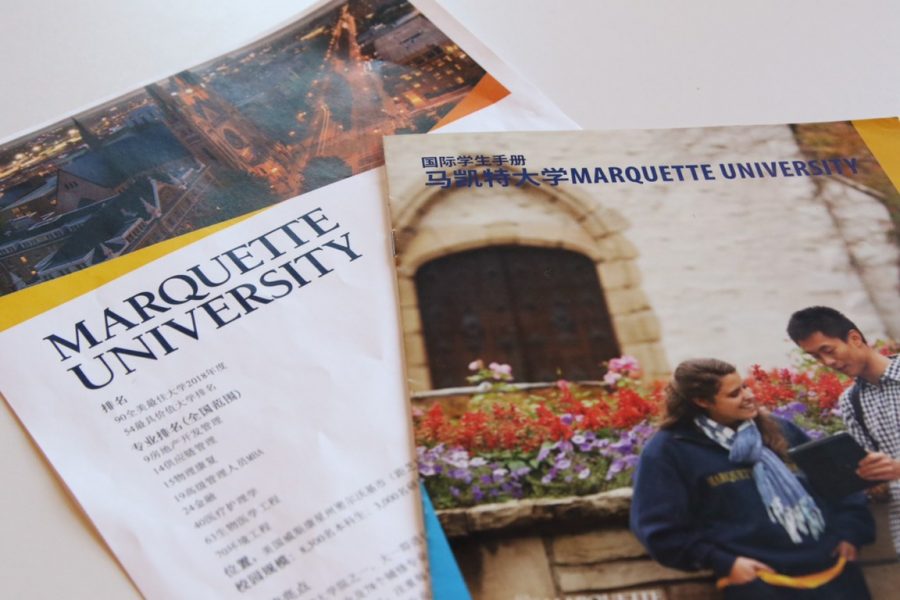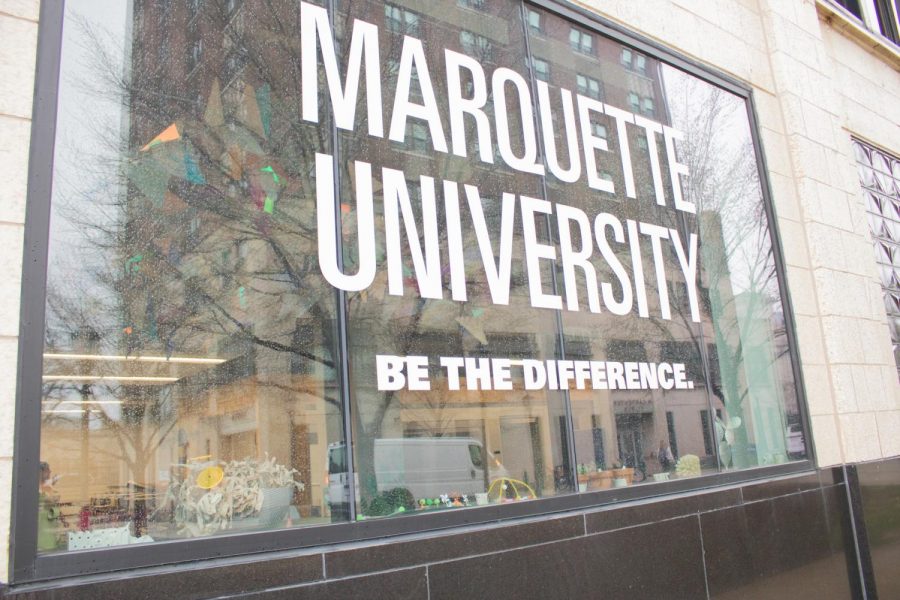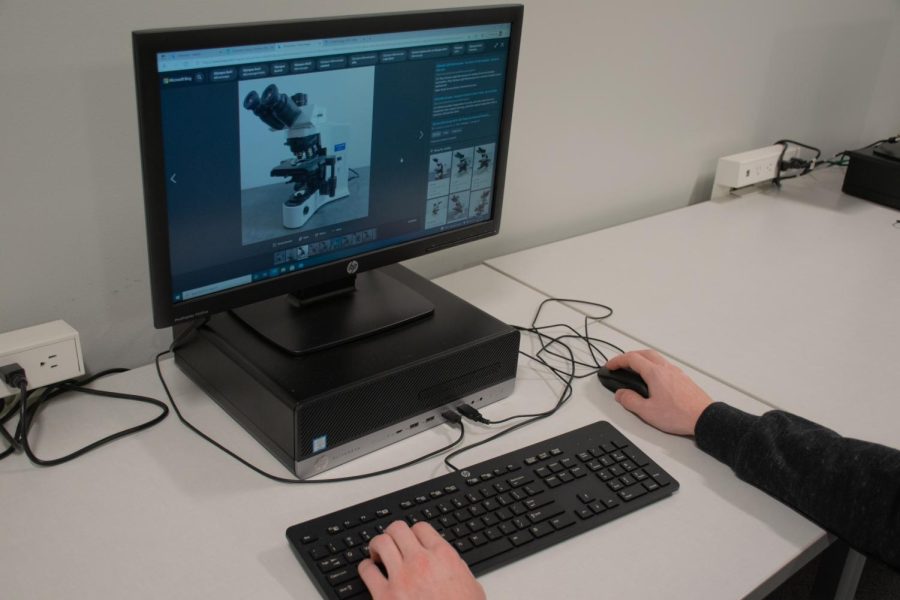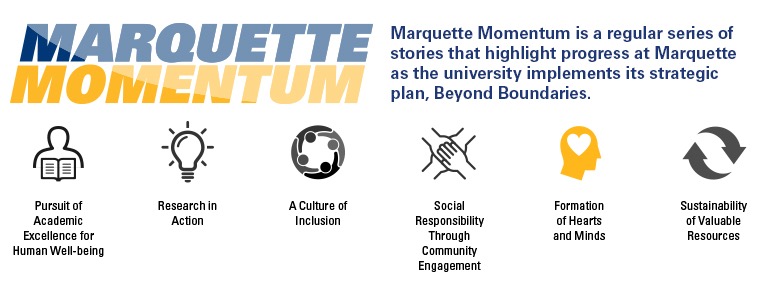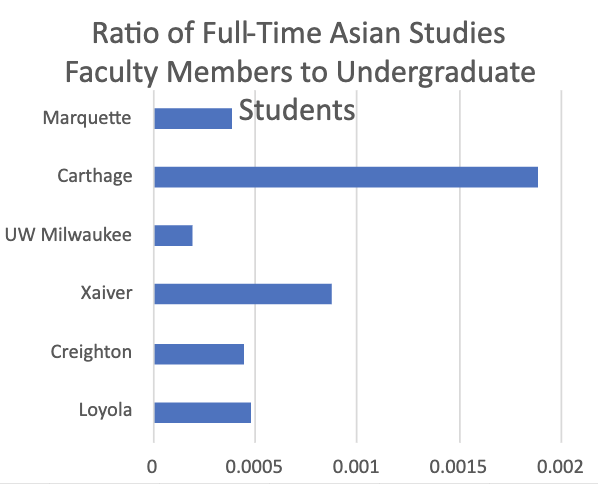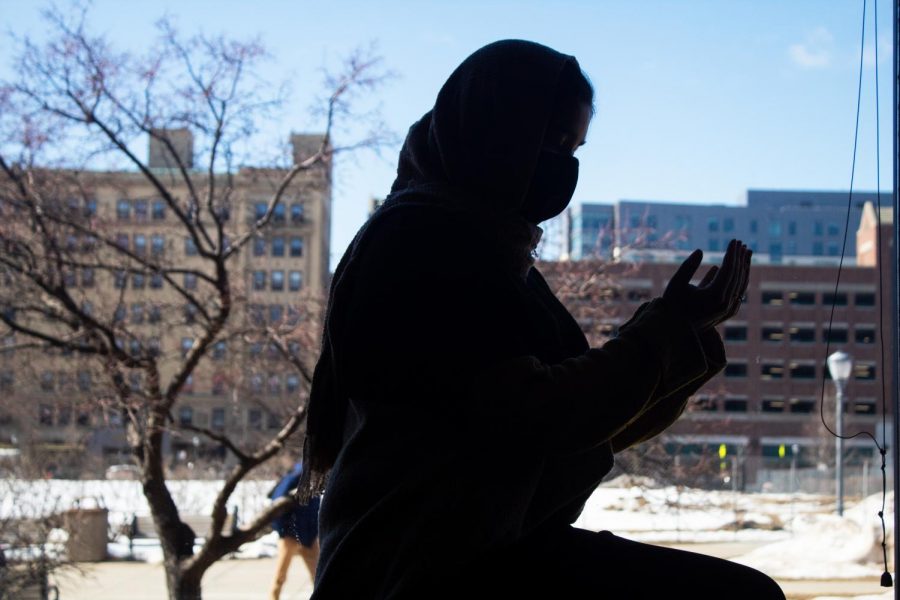After graduating from a Chinese university and working for nine years, Alice Wei decided to go back to school for an MBA. She chose to leave the country and attend Marquette, where she was hired last December as an international recruitment manager for China.
Wei said she chose to attend Marquette largely due to its status as a Jesuit institution. After graduating with her MBA in December 2017, Wei was hired in hopes of continuing to increase the number of international applicants to Marquette.
“I received my MBA from Marquette University, and I spent my two and a half years at Marquette,” she said. “I had such a wonderful experience there, so I would like to share my wonderful experience with prospective (Chinese) students.”
As a full-time recruiter based in China, Wei’s role is different from that of an admissions counselor in that she cannot make admission decisions. However, she fills many similar roles, including visiting Chinese high schools and education fairs.
The process of applying to universities in China is very different than the process of applying to American universities, Wei said. Chinese high schools don’t have guidance counselors to help them apply to universities. Instead, many families pay to hire an agent, who helps them decide what universities to apply.
“(The agents) help a lot of (Chinese) students apply to universities in Canada, the U.S. and Australia,” Wei said.
One of Wei’s main goals is to increase Marquette’s name recognition in China, where it is not as well-known as many of the larger public universities, Yao Andrew, coordinator of external agents for international recruitment, said.
“Here (in the United States), Marquette is a well-recognized university, but that’s not the case in China,” Andrew said. “We are trying to increase recognition of the brand and also produce programs to increase international students recruitment.”
The number of international students applying to American universities this year has decreased significantly, John Baworowsky, vice president for enrollment management said.
Latin American and Middle Eastern students, in particular, are less likely to apply to American schools this year. From 2016-’17, international students from Latin America and the Caribbean decreased by 6.2 percent at American higher institutions, according to the Institute of International Education Open Doors Report. Students from the Middle East decreased by 8.4 percent.
Baworowsky said he attributes this to many international students’ perceptions of President Donald Trump’s administration.
However, Marquette has seen an increased number of applications from prospective students in China and India this year, Baworowsky said. Throughout the United States, there has been a 6.8 percent increase in students from China, according to the Open Doors Report.
He said he thinks the increase is because many Chinese and Indian students don’t perceive President Trump in the same way that Hispanic or Middle Eastern students may.
“The Asian students don’t really have an issue with what’s going on in Washington,” he said. “They’re not really under President Trump’s sights. There’s no negative rhetoric.”
Baworowsky also said the increase in international applicants from China and India is due to Beyond Boundaries, Marquette’s strategic plan that included hiring Wei.
In the future, Baworowsky said he would like to add more international recruiters in countries such as Vietnam, Taiwan and Indonesia. He said he doesn’t see a possibility of adding recruiters in countries outside of Asia until a new president is elected and the world’s perception of the United States changes.
“At least for the next three years, Asia will be the most promising place in the world,” he said.

